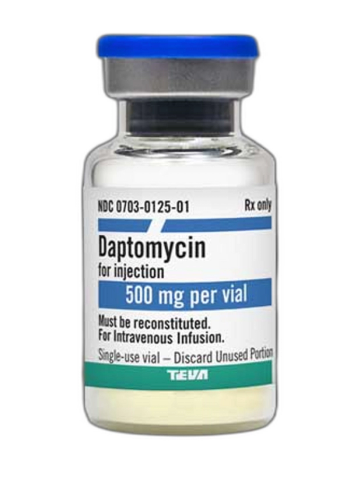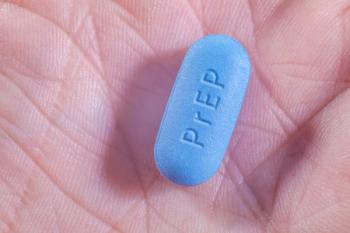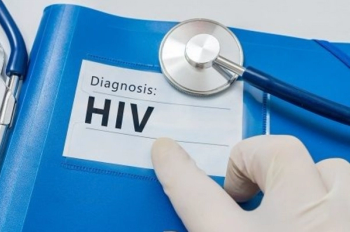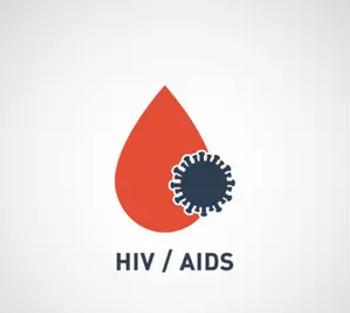
The FDA approved a new drug that treats unresectable and metastatic HER2-low breast cancer, giving patients with this new subtype a treatment beyond chemotherapy.

The FDA approved a new drug that treats unresectable and metastatic HER2-low breast cancer, giving patients with this new subtype a treatment beyond chemotherapy.

Xenia Tigno, PhD, and Reshma Jagsi, MD, DPhil, discuss how the pandemic impacted women’s careers in medical research and other medical fields.

Daptomycin for injection (Cubicin) is indicated for the treatment of complicated skin and skin structure infections and Staphylococcus aureus bloodstream infections.

The move would help ensure timely access to vaccination following the declaration of monkeypox as a public health emergency.

Michael Ganio, PharmD, MS, BCPS, FASHP, senior director of pharmacy practice and quality at ASHP, discussed the declaration of monkeypox as a public health emergency

Study finds that only 19.6% of US adults have high cardiovascular health, whereas 62.5% have moderate health and 17.9% have low.

Patients can better understand the most current recommendations for breast cancer screening with the new NCCN Guidelines for Patients®: Breast Cancer Screening and Diagnosis.

Results also show that nearly half are not sure whether a vaccine exists, and a large majority know that the disease spreads through close contact.

American Diabetes Association updates recommendations regarding SGLT-2 inhibitors, GLP-1 RA, and finerenone for cardiovascular and renal comorbidities.

The effective preventive treatment could reduce HIV rates but needs greater access and affordability, especially among Black and Latino populations, investigators contend.

Electronic symptom self-measuring provided early detection of toxic effects and helped anticipate necessary medical interventions for pediatric patients with cancer.

If approved the drug will be the first allogeneic advanced stem cell therapy donor source for patients with blood cancers.

The suggested wave 4 of the opioid crisis saw high opioid-involved overdose death rates in urban counties and high acceleration of overdose deaths in rural counties, indicating that the opioid crisis worsened during the COVID-19 pandemic.

Delays in anticancer drug therapy, radiation, and surgery were found to be associated with factors such as race and ethnicity, multimorbidity, COVID-19 vaccination, and severity of COVID-19, suggesting disparities in cancer care.

Pharmacist interventions can provide patient-specific guidance to identify and solve problems with medication regimens to ensure optimal outcomes.

Participants who initiated treatment with Biktarvy demonstrated superior hepatitis B virus (HBV) DNA suppression and HBV e-antigen seroconversion.

Increasing population immunity decreased transmission of COVID-19 and allowed for reductions in quarantine and testing, encouraging 2-dose vaccine and booster uptake.

Case management programs or pharmacist-delivered high-touch care are critical components in medical specialty drug management.

The next-generation vaccine candidate, BNT162b5, consists of RNAs encoding enhanced prefusion spike proteins for the SARS-CoV-2 ancestral strain and an Omicron variant.

IMscin001 analysis shows non-inferior levels of the cancer immunotherapy in the blood compared with intravenous infusion in individuals with advanced non–small cell lung cancer.

Findings in a new trial show that dietary supplementation of resistant starch has the potential to decrease people’s risk of certain types of gastrointestinal cancers.

Gamma-delta T-cells undergo a biochemical change that leads them to spur the growth of tumors that previously restricted.

Using computational methods, the development of an HIV therapy cocktail based on the virus’ genetics was found to increase the efficacy of treatment.

A new case study found that depictions of diverse female scientists on social media inspired other women in STEM, but stereotypes of how women in STEM should look and dress persist in comments section.

Pharmacists have the potential to help optimize treatment and maximize supportive care management for targeted therapies.

Health care facilities in counties with higher Black populations and in rural areas were less likely to serve as COVID-19 vaccination facilities during May 2021, indicating disparities in vaccine distribution.

Pharmacists have a key role in monitoring patients on statin therapy and identifying statin intolerance.

Abbott will work with the FDA to expedite the review of their deep brain stimulation system to treat the life-threatening disease of treatment-resistant depression.

Young age was associated with vaccine-related fears that lowered vaccine uptake and increased symptoms of dizziness and lightheadedness during vaccination.

Over the next few years, undiagnosed breast cancer cases may add to the demand for more rigorous end-stage treatments and therapeutics.